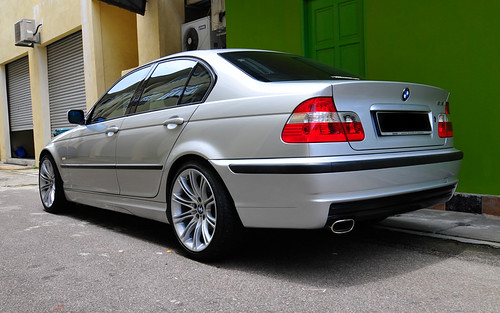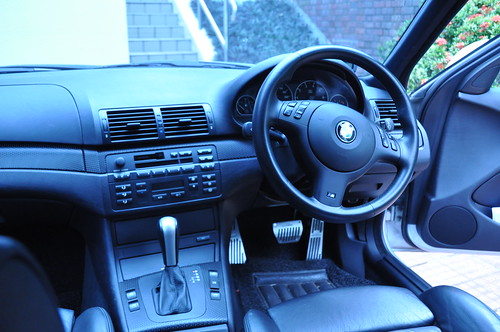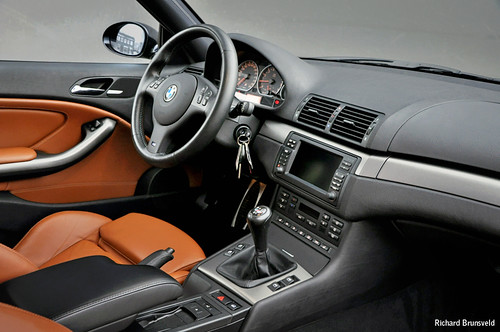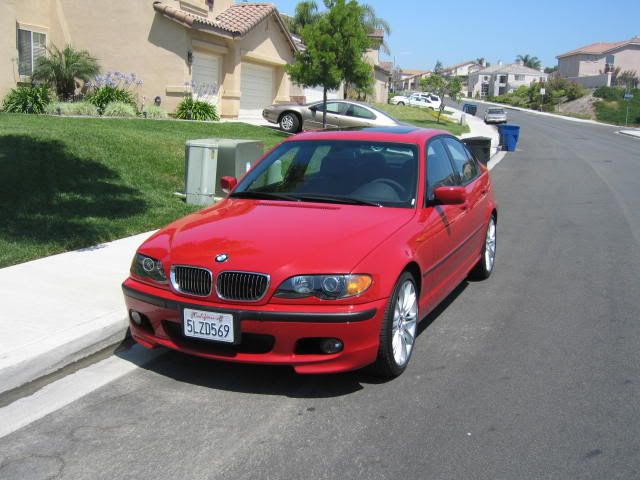INCLUSIVE COES FOR AN INCLUSIVE SOCIETY
My letter to Today Newspaper (Singapore), published on 21 April 2012
"CERTIFICATE of Entitlement prices are at their
highest since 1994, with the Open COE at S$92,010, and it looks like
this trend will continue. High COE prices, though, are undesirable to
all parties.
To the average consumer, it places a huge
barrier to his aspiration to own a new car or renew ownership of his
10-year-old car. To new car sellers, it presents a challenge to keep up
sales and profitability.
To the Government, it costs
political capital in its mission to build an inclusive society. To our
economy, the resultant high transport cost would further push up
inflation.
Green advocates would also cry foul. With such
high prices, the reuse of cars beyond 10 years by paying the Prevailing
Quota Premium would be strongly discouraged and they would be wastefully
scrapped.
Their replacement with new cars would be more
environmentally harmful, as 28 per cent of a car's carbon emissions
occur during its manufacture and delivery.
High COE prices
attract buyers of more expensive and higher capacity models instead of
economy models, leading to higher carbon emissions on the roads. All
these run counter to the National Environment Agency's mantra of
"reduce, reuse, recycle".
COEs were invented to control our
car population, not to sell to the highest bidders the right to own a
vehicle for 10 years. This has become a contradiction to our vision of
an inclusive society.
The right of car ownership is not an
extraordinary right of the richest; it should be open to all who can
afford to maintain a car. Any price to be paid cannot be prohibitive.
The authorities should make the allocation of COEs more inclusive.
Instead of allowing buyers and dealers to decide bid amounts, a
computer should randomly generate all bid quanta as four-digit figures,
similar to how Toto quick-pick numbers are chosen.
This
would mean that the COE price may range between S$0 and S$9,999. Every
bidder, irrespective of wealth, would have an equal chance of landing a
COE. If one is unlucky, one may have to bid in consecutive exercises.
The Government would continue to collect a reasonable COE revenue
but high prices would be a thing of the past, while the system would
continue to regulate our car population effectively. Surely this would
benefit all parties.
"
Elaborations on the above proposal:
1. The present high COE prices do no one any favor.
2. Particularly damning are the negative impact high COE prices have on the environment and the inflation rate.
3. It is an artificially-imposed burden which is totally unnecessary. Though it has been imposed for 22 years, we must not view its allocation by auction as natural or most efficient. We must not get trapped by the idea that it costs money to secure the right or privilege to own a vehicle for a certain period of time. That's because the allocation of such ownership rights is essentially just an administrative procedure. Selling it by auction reflects an inappropriate desire to obtain the highest possible prices, which are bound to materialize given an increased population and a shrunken quota of certificates. If supply is controlled, free market forces are not allowed to work properly.
4. Imposing such a heavy financial burden on car ownership not only deprives the market of such capital which can be more productively invested, it effectively lowers our quality of life. We are buying economy or cheap cars at prices which are associated with luxury cars or super-cars at other places.
5. Yes, we must concede that Singapore is a tiny place and it is a physical impossibility to allow all who can afford to maintain a car to freely buy one. Hence, the COE system should be retained; but it should be modified.
6. The present system favors the rich and is an undesirable day-to-day reminder of the widening income gap in our society. This is a hindrance to the well-being of our society and a threat to social stability and harmony.
7. It must be modified in such a way that it achieves the following objectives: that it does not favor the rich; that those who rush to bid early for the COEs have no advantage over those who bid later; that the chance of success and the actual prices determined fairly depend solely on random luck; that a person determined enough to secure a COE will finally land one provided he continues to bid at successive bid exercises; that to prevent runaway prices, there is a built-in upper limit of $10,000 for the price of a COE in any category; that the Government will continue to generate reasonable revenue from the system; that it must stabilize car prices and allow the selling of new motor vehicles in Singapore as viable businesses for all brands; and that the system must still control our car population to the desired level in order to prevent paralysis on our roads and car parks. I believe the system as proposed above satisfies all the above objectives.
8. The possibility of a black market for COEs had been raised in some quarters. I believe that this potential problem is overblown because a buyer of a high-priced black market COE will realize that it is less foolish to try his luck at the official bidding process which guarantees that a COE always costs less than $10,000. That $10,000 limit places a natural dampener on black market COE prices.
9. I hope that readers of this post would not just agree or disagree with its proposal, but will take steps to rectify this anomaly in our national life.
10. I appeal to our transport authorities to review the COE system by giving due consideration to the above proposal and the heartfelt reasons that I have presented.













